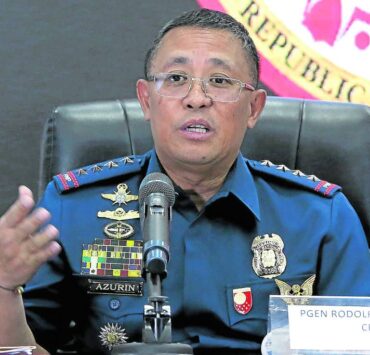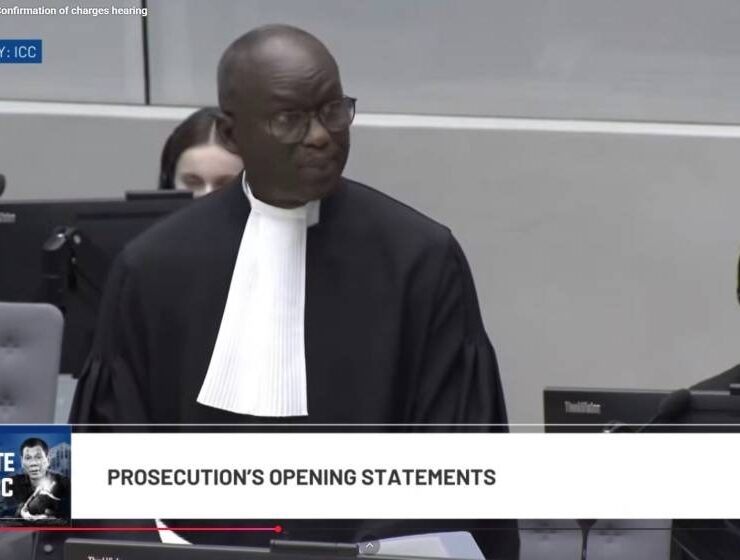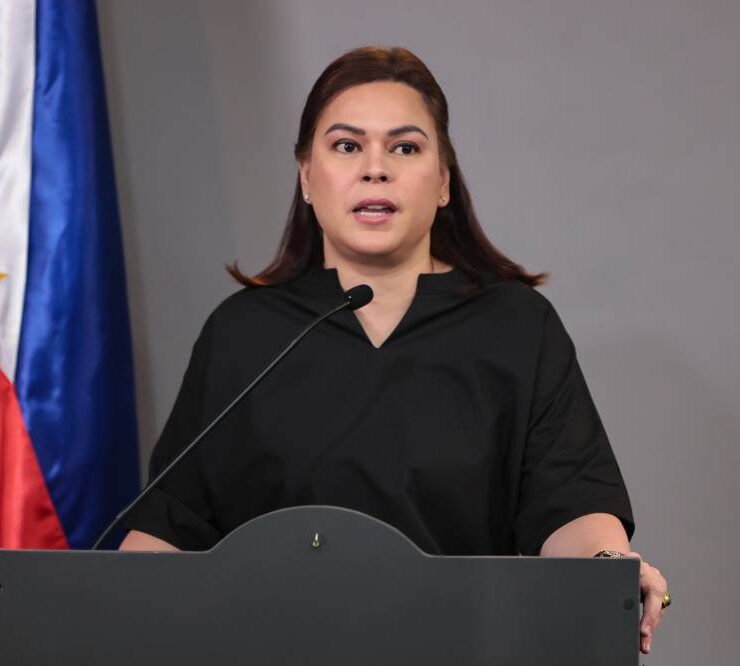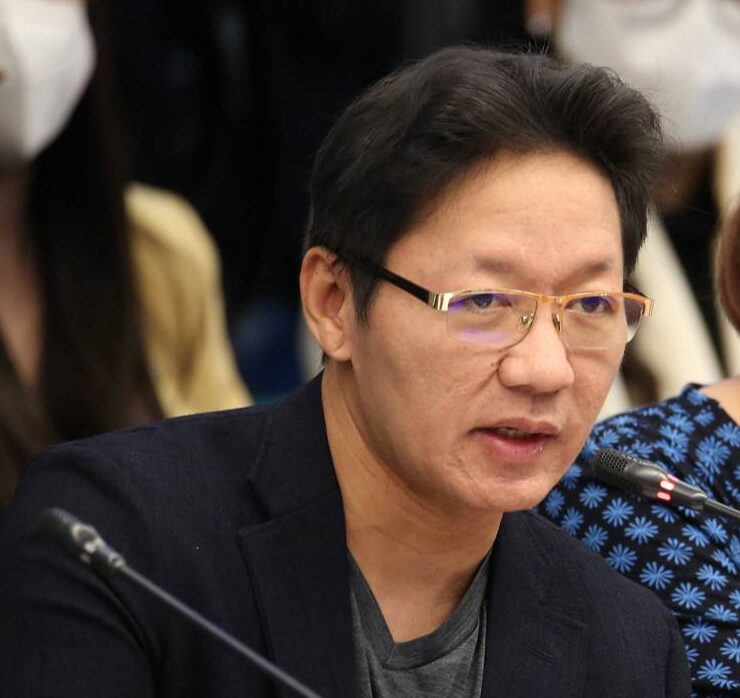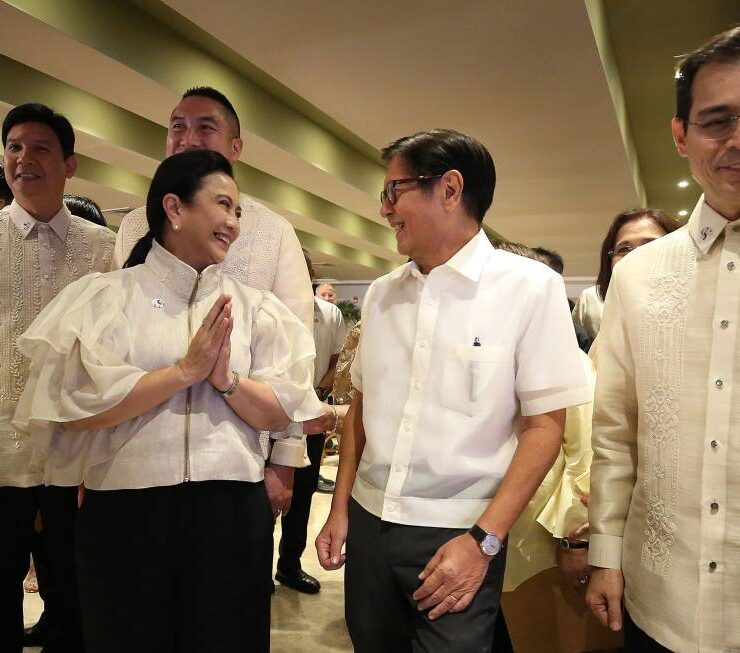Co resigns; ICI sends raps to Ombudsman for study
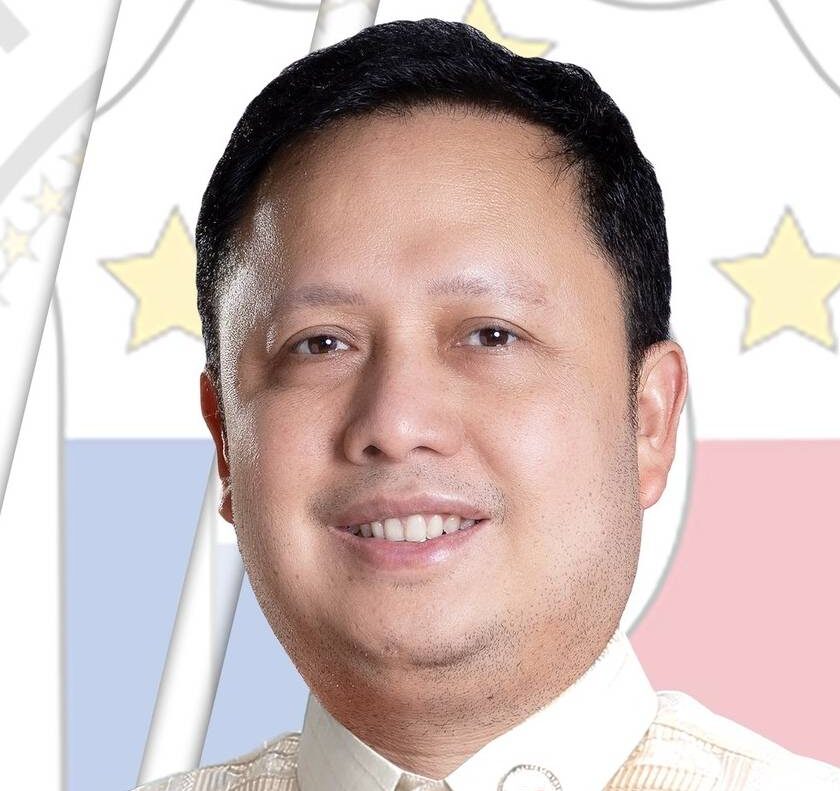
Speaker Faustino “Bojie” Dy III on Monday night accepted the resignation of Ako Bicol Rep. Elizaldy Co as a member of the House of Representatives, while an investigative body formed by Malacañang asked the Ombudsman to look into its recommended charges against the lawmaker and 17 others, including some officials of the Department of Public Works and Highways (DPWH).
In his letter to Dy on Monday informing the Speaker of his “irrevocable resignation,” Co cited “the real, direct, grave and imminent threat” to him as well as “the lives of my family members.”
Amid the unraveling scandal over the government’s flood control projects, Co has been accused of getting billions of pesos in kickbacks by contractors and DPWH officials testifying in congressional inquiries into these projects.
Meanwhile, the Department of Justice has requested the International Criminal Police Organization (Interpol) to issue a blue notice on Co.
The notice practically allows a surveillance on the lawmaker, since it serves to advice Interpol’s member states to “collect additional information about a person’s identity, location or activities in relation to a criminal investigation.”
Co, in his letter, lamented “the evident denial of my right to due process of law.”
Posting on Facebook, he said that, as a lawmaker, he had tried to work in the best interest of each Filipino, especially his constituents in the Bicol region.
He said his party list group will soon inform the House about his replacement.
‘Voluntary renunciation’
Lawmakers like Co are allowed “voluntary renunciation” of his or her office, under Article VI of the 1987 Constitution regarding the legislative department.
Dy told reporters on Monday night that he had accepted Co’s resignation but the House leadership “needs to discuss how to address this properly.”
He also advised the resigned lawmaker, who has been on an extended medical leave, to return home and answer the “issues” against him.
Also on Monday, the Independent Commission for Infrastructure (ICI) asked the Office of the Ombudsman to study whether charges may be filed against Co and 17 other officials of the DPWH and officers of Sunwest Inc. over a substandard flood control project in Oriental Mindoro worth P289.5 million.
Sunwest, which was cofounded by Co, was included in President Marcos’ list of 15 contractors that bagged most of the government’s flood control projects.
In its first interim report and recommendation submitted to the Ombudsman, the ICI cited deficiencies in the construction of a road dike along Mag-Asawang Tubig River in Barangay Tagumpay, Naujan town.
The project, funded through the 2024 General Appropriations Act, was implemented by the Mimaropa (Region 4-B or Mindoro, Marinduque, Romblon, Palawan) office of the DPWH.
According to the ICI, total disbursements for the project amounted to only P246.16 million—short of the estimated project cost by P43.3 million.
Among the ICI’s preliminary findings was that the materials used for the project “appear to be grossly substandard and not in line with required specifications.”
‘Discrepancy, losses’
The ICI noted further that when Public Works Secretary Vince Dizon and Oriental Mindoro Gov. Humerlito Dolor inspected the project on Sept. 9, they found steel sheet piles used in the dike measuring 2.5 to 3 meters—less than the 12-meter long sheet piles required in the approved plan for the project.
The ICI said “this discrepancy could potentially result in public losses estimated at over P63 million.”
The commission also found deficiencies in the project’s documentation, including progress billings which “appear to have been paid despite the absence of material supporting documents.”
Moreover, documents such as Form No. 2307 and Form No. 2550M of the Bureau of Internal Revenue “do not appear to have been submitted by the contractor,” Sunwest.
No certifications
The DPWH Mimaropa also failed to submit such documents as the certifications of clearance for the payment of labor, materials, equipment and other costs as well as certifications on quality control.
As the ICI noted, failure to submit these documents warrants administrative sanctions, based on the guidelines of the DPWH itself.
Progress photos depicting the construction of the dike “hardly justify or accurately depict the actual progress of the works,” the commission said, adding that only two photographs were submitted for the first progress billing.
These consisted of “a dimly lit photograph of steel sheet piles and a photograph of workers supposedly engaged in ‘clearing and grubbing,’” which was meant to show that 25 percent of the work had already been accomplished.
The ICI said further that what made the progress photos “all the more anomalous or suspect is that they were the very same photographs used in support of Progress Billing No. 2.”
‘Beneficial ownership’
Before the third progress billing, P35.134 million had been paid to Sunwest for supposedly completing 40 percent of the project, the ICI said.
The commission also said it had yet to receive any documents on the third progress billing, aside from photographs “concerning or justifying payment” to the project.
The ICI identified Co as having “reportedly founded” Sunwest in 1992, when the company was then called Sunwest Construction and Development Corp. (SCDC).
Although Co was said to have divested himself of SCDC in 2019, he “supposedly maintains ‘beneficial ownership’ in various entities linked to Sunwest,” the ICI said, even as it noted that this finding still needed further validation.
The Ombudsman was also asked to consider if charges should be filed against Gerald Pacanan, former director of DPWH Mimaropa, and 16 other officials of the DPWH and officers of Sunwest including company president Aderma Angelie Alcazar.
Possible charges include malversation and falsification under the Revised Penal Code and violations of the Anti-Graft and Corrupt Practices Act, the Government Procurement Reform Act, and the Code of Conduct for Public Officials and Employees.
The ICI clarified that its findings remained preliminary “at this stage,” adding that “it does not make categorical findings of guilt and responsibility for determining liability rests with the proper authorities.” —WITH REPORTS FROM LUISA CABATO, ZACARIAN SARAO AND INQUIRER RESEARCH













